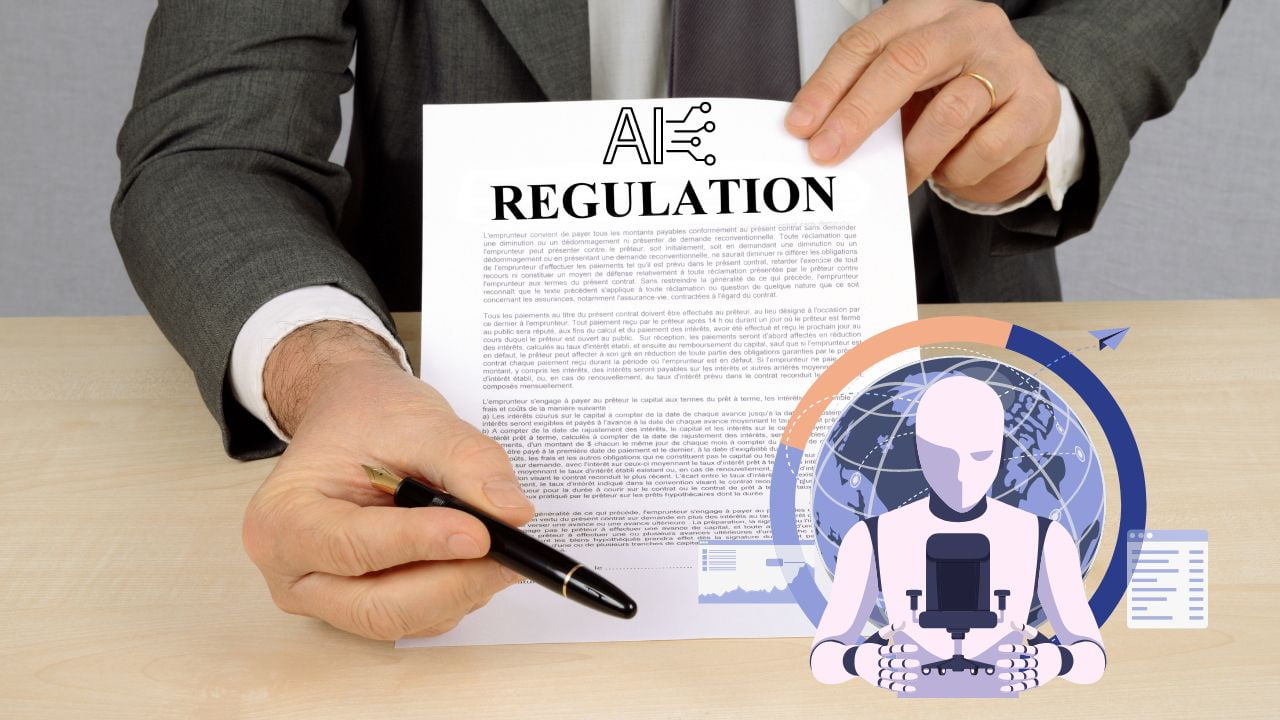In a bid to bolster economic growth and establish itself as a frontrunner in advanced chips, Japan is contemplating the adoption of more lenient regulations for the utilization of artificial intelligence (AI). While the European Union (EU) advocates for strict regulations, Japan aims to align its AI strategy more closely with the approach taken by the United States. This divergence from the EU’s stance may undermine their efforts to establish global standards, particularly with regard to the disclosure of copyrighted materials used in training AI systems. This article explores Japan’s shift in regulations and its implications for the future of AI development.
Japan’s Strategy: Aligned with the United States
According to an anonymous government official, Japan plans to develop an AI strategy that mirrors the approach taken by the United States. By doing so, Japan aims to leverage AI technology to enhance economic growth and reclaim its former technological dominance. This strategy diverges from the strict regulations advocated by the European Union.
EU’s Efforts and Collaboration with Japan
Thierry Breton, the European Union’s industry chief, is currently in Tokyo to advocate for the EU’s approach to AI regulations and foster collaboration in the field of semiconductors. Breton’s visit highlights the EU’s commitment to promoting stringent regulations and establishing them as the global standard. However, Japan’s more relaxed stance may pose challenges to the EU’s objectives.

Professor Matsuo’s Perspective
Professor Yutaka Matsuo, the chair of Japan’s AI strategy council at The University of Tokyo, believes that the European Union’s regulations are excessively stringent. Matsuo asserts that accurately identifying copyrighted content used in deep learning processes is a highly challenging task. He suggests that the EU’s focus lies more on holding large companies accountable rather than promoting innovation.
Generative AI’s Potential and Concerns
The progress made in generative AI, exemplified by companies like OpenAI (supported by Microsoft), generates both anticipation and apprehension. The transformative power of AI in various aspects of business and society has prompted a competitive race between the United States and China. Breton acknowledges the concerns surrounding AI and emphasizes the need for democracies to address them. He believes that collaboration between like-minded partners such as Japan and the United States is crucial for explaining and sharing regulatory approaches.
Addressing Challenges and Boosting Demand for Advanced Chips
In Japan, AI adoption holds the potential to address the challenges posed by a declining population and labor shortage. Furthermore, it can drive the demand for advanced chips. Japan’s government-supported venture, Rapidus, aims to produce these chips as part of an industrial policy aimed at reclaiming the country’s technological dominance. However, experts note that Japan lags significantly behind the United States in terms of computing power, particularly in the availability of graphics processing units (GPUs) used for AI training.
- The Rise of Generative AI in Gaming: Revolutionizing Game Development
- AI: The Key to Efficiency and Productivity in the Digital Age-2024
- Samsung Integrates care.ai’s Smart Care Facility Platform for AI-Powered Patient Monitoring
- 6 Best AI Chart Generators: Creating Stunning Chart and Graphs Made Easy
- 3 Best AI Pets with Emotional capabilities
- Mercedez-Benz Gets a ChatGPT In-Car Voice Control Upgrade
- Designs.ai: Best Invitation Design AI-Where Imagination Meets Elegance
FAQs-Does AI Regulations in Japan boost helps to economic growth.
How does Japan’s AI strategy differ from the EU’s approach?
Japan aims to align its AI strategy with that of the United States, which is more lenient compared to the strict regulations advocated by the European Union. This approach prioritizes promoting innovation rather than solely holding large companies accountable.
What challenges does generative AI pose?
Generative AI has the potential to revolutionize various aspects of business and society. However, concerns regarding its impact on privacy, ethics, and security have been raised. It is important for democracies to address these concerns while leveraging AI’s transformative power.
How can AI adoption in Japan address challenges posed by a declining population?
ith a declining population and labor shortage, AI adoption can help mitigate these challenges by automating tasks and augmenting the workforce. This technology can enable increased productivity and efficiency in various sectors.
Why is collaboration between Japan and the United States important?
Collaboration between like-minded partners such as Japan and the United States allows for the sharing of regulatory approaches and addressing concerns related to AI development. By working together, they can establish common standards and promote responsible AI innovation.
How does Japan’s computing power compare to that of the United States?
Experts highlight that Japan significantly lags behind the United States in terms of computing power, particularly in the availability of graphics processing units (GPUs) used for AI training. Closing this gap is essential for Japan’s advancement in AI technology.
Conclusion
Japan’s consideration of more lenient AI regulations signifies its intent to leverage this technology for economic growth. By aligning its strategy with that of the United States, Japan aims to foster innovation while addressing societal challenges. Collaboration between Japan and the EU will be crucial in finding common ground and establishing global standards. As AI continues to evolve, striking a balance between regulation and innovation will be essential for shaping its future.
